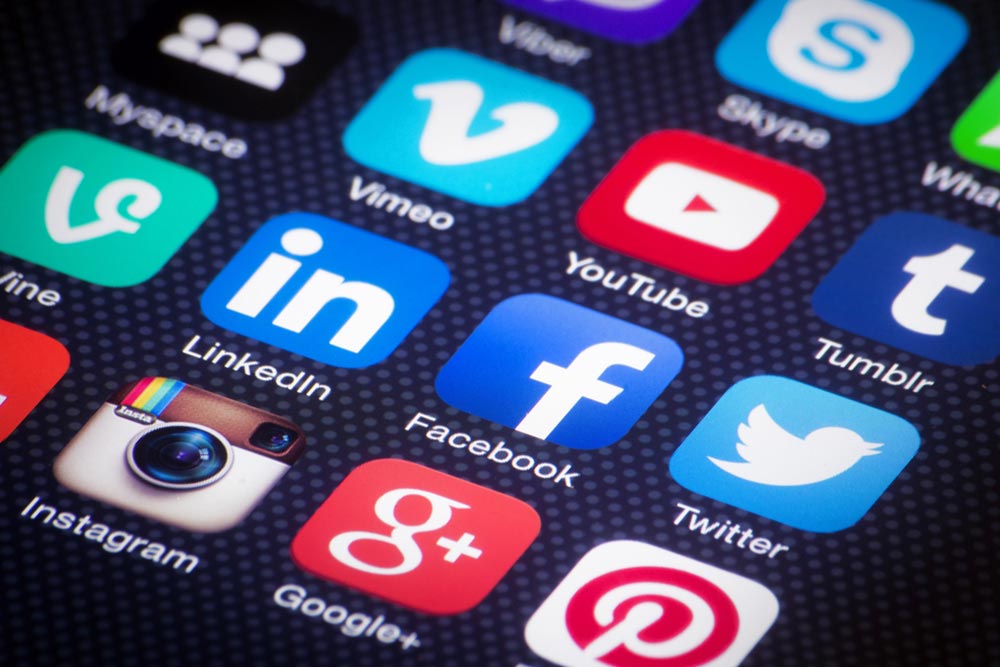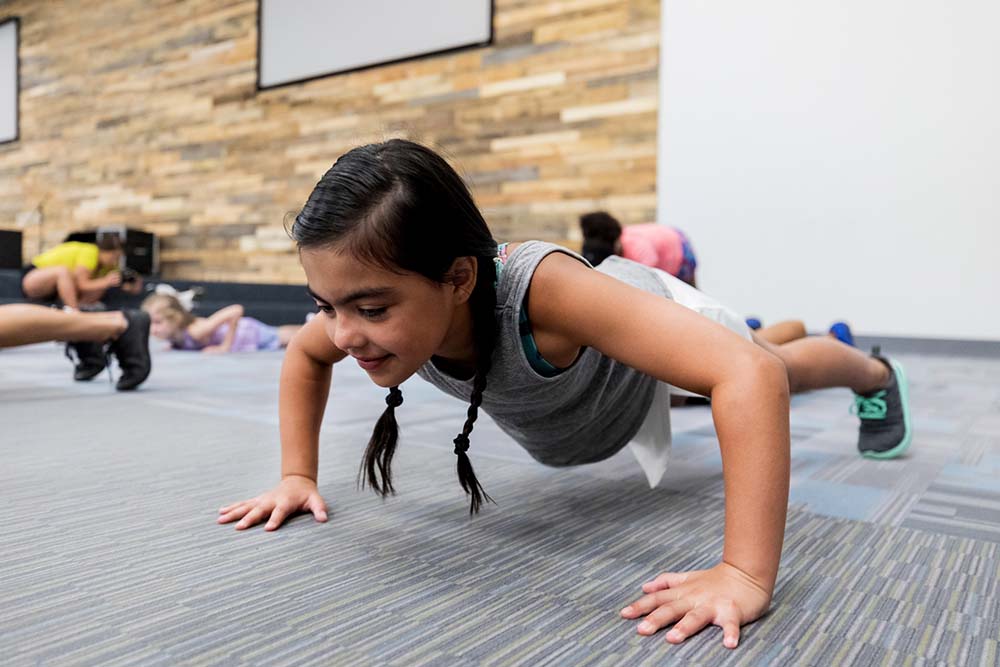Take an Aspirin and Tweet me in the Morning: How Social Media is Transforming Health

Evan Stevens
Based on a talk by Gillian Mandich at Take Control of Your Health/Wellness – Exercise Nutrition Symposium, University of Western Ontario
I cannot count the number of times that I’ve logged into Facebook or Twitter only for my feed to be bombarded with friend’s posts they shared, linking to a blog that touts an all-new super diet that will help you lose 20 pounds in 20 days or how a food that we’ve been eating forever is accelerating ageing and giving us cancer. It seems like every day there is a new blog that pops up that support unsubstantiated claims about one thing or another yet one of our peers will share it, along with a little message about how good this new system or diet is. This is what Ms. Mandich discusses in her talk, how social media is changing the space in which we live. We get most of our information from online sources now, spending more time researching our issues than we do discussing them with health professionals. Several sources cited the fact that we go to our doctor an average three times per year (most visits lasting no longer than 20 or 30 minutes) but we spend an average of 52 hours researching health and wellness issues online. Ms. Mandich also pointed out that roughly three-fifths of the general populace rely primarily on what they read online for health instead of what their health practitioner says. These numbers go up as we get older, with health being the number one searched topic for people over 60.
Social media has created an issue for health professionals because it is changing how information is spread, and how best to serve the population. For the first time ever hospitals are putting together social media guidelines for their staff and professionals. We can now rate and post reviews of our healthcare providers, much like reviewing a restaurant, which in turn can alter another person’s perspective on the health care provider. While we may have a great relationship with our physician, reading a poor review about them will probably alter our perception of them.
This fundamental shift in communication is brought on in part because of how we prefer to consume information. Ms. Mandich says that we prefer, and more readily accept, information coming from a public forum. We are more receptive to information posted on Facebook and Twitter; social media changes how we think and process information. We normally have relationships with these people who are sharing the new information or diet so we more readily accept it as truth rather than thinking critically about it. Ms. Mandich says that we need to put the brakes on a little bit more and think critically about what we are reading – we need to understand the source of the material, the background of the person writing, and we have to know how to look through, understand, and acknowledge certain biases. While the internet connects us in ways nothing else can, it is also a forum for people to post, do, and say pretty much anything they want, regardless of whether it is true of not. Ms. Mandich explains it as an extension of the Dr. Oz effect – we get attached to personalities more so than content and truthfulness. We have a built relationship with someone so we are more likely to trust what they say. We can pull information from anywhere and because it is there and we can consume it, we might think it is true.
On the flip side, social media and the internet is a great tool for quick information and instruction where instruction is lacking. It connects people with similar experiences and allows them to share patient to patient. The disappearance of the healthcare provider – patient relationship has given way to a patient-patient relationship and it isn’t all bad. Information is easier to access and instant. Ms. Mandich used the example of a patient who just got a diabetic insulin pump from their doctor. The doctor instructed them how to hook it up at their office, but when the patient gets home they may have forgotten a step or two. Now they can go onto Youtube and access an instructional video right in the comfort of their own home and can follow along at their own pace. Tools like these need to be embraced by healthcare practitioners, Ms. Mandich says. The medical care savings alone would be in the hundreds of billions of dollars and cut down on patient wait times if people can readily access information on their own. Working with patients to become educated consumers is what is going to help people decide if giving themselves coffee enemas is healthy for them or not (it’s not).
Take Aways:
1. Social media changes how we consume information
2. We accept things more readily in a public forum
3. Patient-patient relationship growing, changing how healthcare is provided
-Cuts costs, wait times, increases likelihood of following misinformation
4. Need to become educated patients
-Able to wade through bias, and discern who knows what they are talking about
-Critical thinking and fact-checking
Related Article: The Effects of Screen Time on Sleep










